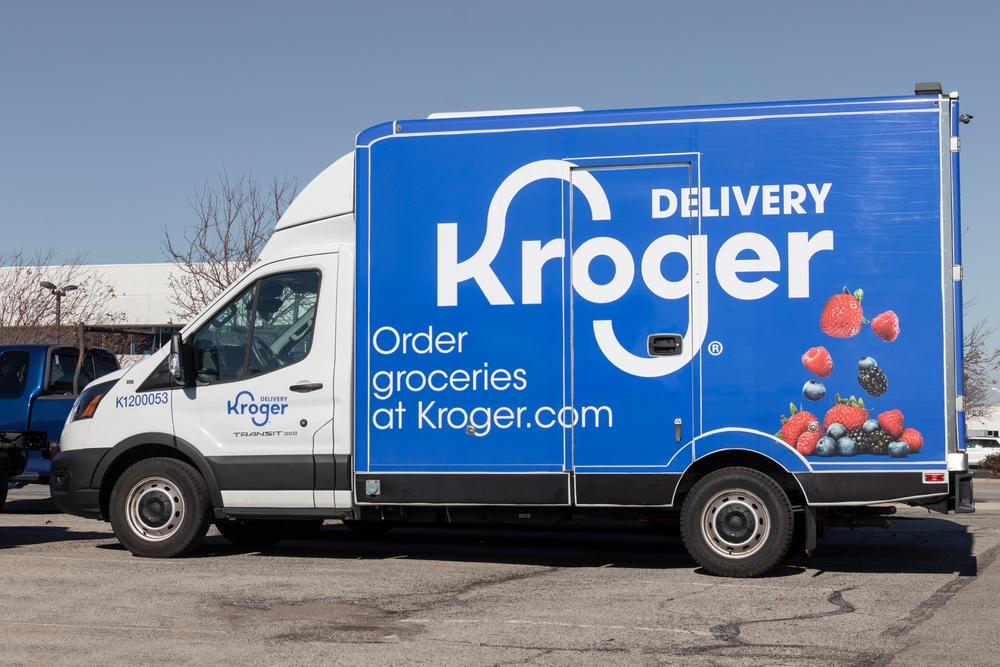MDA - Law Firm and Tax Office also advised the buyer.
Metallart was founded in 1976 and is based in Cima Gogna near the Thélios Manifattura in Longarone. Its expertise in metalworking techniques such as cutting and minting have made it a point of reference for major eyewear companies.
Thélios is a Belluno-based LVMH subsidiary focused on eyewear. By acquiring Metallart, Thélios will be able to make use of its staff’s expertise to meet the needs of the LVMH Group, which has been relying upon the company in the design, development and global distribution of its eyewear products. Thélios made over 300 new hires last year and over 250 in Longarone since the beginning of 2022 to meet this demand.
Lawyer Monthly had the pleasure to speak with Dr Pierantonio Biasotto, Managing Partner at Biasotto & Partners to give us some further insight into this transaction:
Can you please tell us more about your work on enabling Thélios’ acquisition of Metallart?
We are very proud to have been part of the team chosen by a company like Thélios’. The assignment was based on two phases: the first one concerned the accounting and tax due diligence to verify the correctness of the data shown in the financial statements and the regular fulfillment of tax and contribution obligations. The analyses were made available to Thélios’ lawyers for the appropriate legal assessments for the Sale and Purchase Agreement’s drafting.
The second part of the work concerned the industrial profiles with a specific focus on the analysis of economic, managerial and financial performance of the target company to verify the margins expressed by the business and the ability to generate adequate cash flows.
What expert skills and knowledge did you bring to the process?
In consederation of the type of assignment, our team was composed of both professionals with a consolidated background in accounting and tax issues (auditor) and consultants more focused on industrial and financial controlling (management engineering).
I also must point out that Thlélios provided us with an excellent organisational team with which we immediately got in tune; this made the collaboration particularly effective.
Did you encounter any significant challenges during this acquisition? If so, how did you overcome them?
The transaction presented the usual difficulties of any M&A process.The most complex aspect that often occurs in our territory is to be able to relate large realities (such as Thélios’) with smaller ones (such as Metallart), where business processes are less formalised and structured.
Knowledge of the economic market allowed the team that took part in the operations to make up for some organisational shortcomings of the target in order to provide the buyer with the necessary information for a correct assessment of the deal.
[ymal]
In what ways does your work on this deal fit the profile of your firm?
Biasotto & Partners, since its inception, has made a precise choice of positioning, favouring the activity of specialised consulting in various areas: corporate-directional, corporate, tax, M&A, restructuring and business crisis. Thanks to a competent and complementary team, composed of young and dynamic resources but also of senior figures with a consolidated professionalism, it is able to operate in various areas of business consulting with an effective, synergistic, independent and multidisciplinary approach.
What opportunities do you expect this acquisition will create for the Italian eyewear industry?
I believe that the interest of groups such as LVMH in investing and growing in the Belluno eyewear district is really positive. This interest confirms the perception of excellence and high quality that “Made in Italy” can express in certain markets. This specific value is closely linked to the territory, to the technical skills of the people who work here and to the local entrepreneurs’ talent.
As with other M&A transactions that we followed, the interest of large international groups represents an opportunity for growth and integration for companies in our territory, which is made up mostly of small companies that, inserted instead in more structured contexts, can benefit from productive, commercial and financial synergies that allow them to enhance their potential.




















